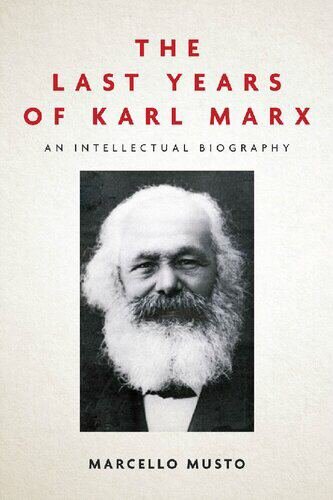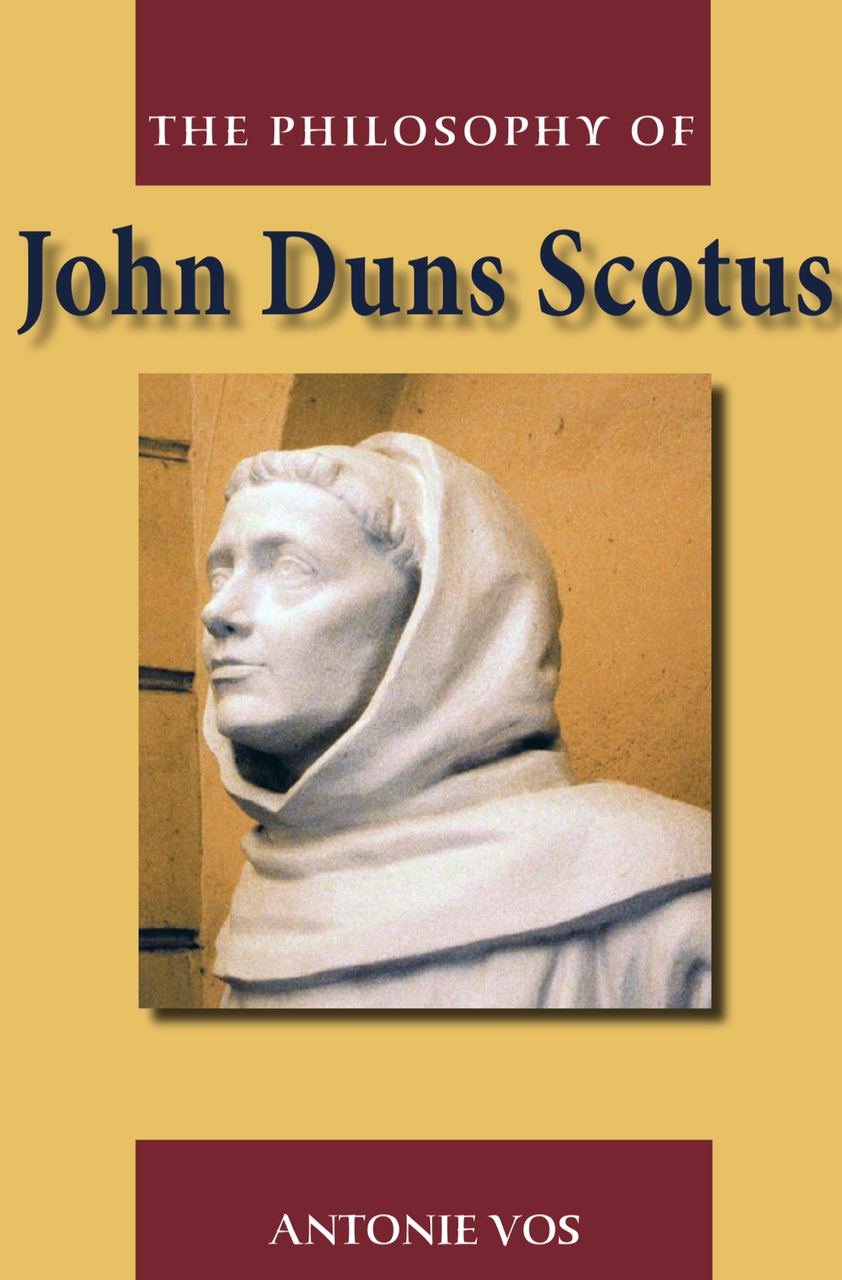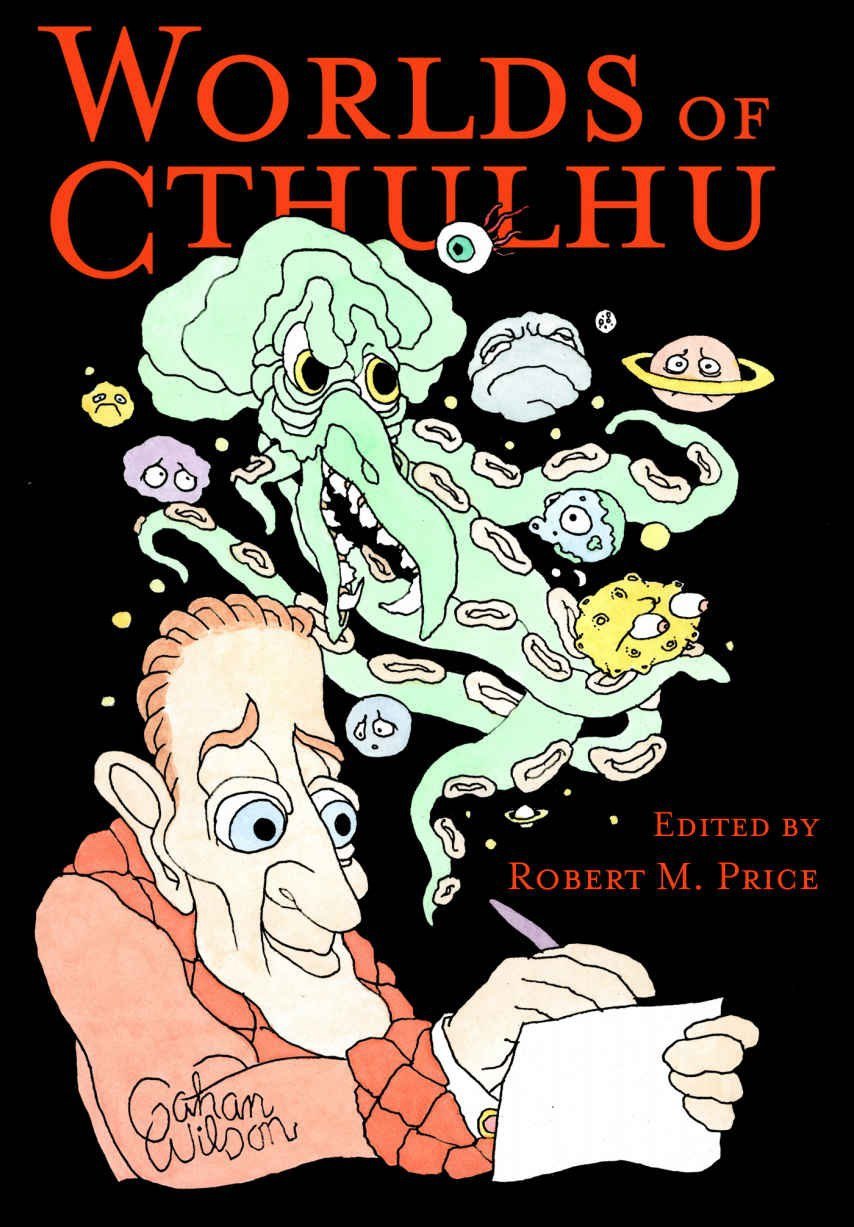

Nietzsche and the Metaphysics of the Tragic
Private Book Reader
Upload and read your personal PDF books in our secure reader
Read Your Private BookShort Audio Book Summary
Nietzsche and the Metaphysics of the Tragic Summary
0:00 / 0:00Reviews
No review yet. Be the first to review this book!
Description
"Nietzsche and the Metaphysics of the Tragic" by Nuno Nabais, translated by Martin Earl, is an in-depth philosophical examination of Friedrich Nietzsche's thought, specifically focusing on his conception of tragedy and its metaphysical implications. Nabais delves into how Nietzsche reconfigures traditional metaphysical questions through the lens of the tragic worldview, challenging both the optimism of Enlightenment rationalism and the pessimism of Schopenhauer's metaphysics. He presents Nietzsche as a philosopher who, rather than denying metaphysics altogether, seeks to reinvent it by placing the experience of tragedy at its core. Nabais traces Nietzsche’s early fascination with Greek tragedy, particularly through his analysis in The Birth of Tragedy, where Nietzsche contrasts the Apollonian and Dionysian forces as symbolic of two fundamental artistic drives and existential experiences. The tragic, in Nietzsche’s view, arises from the tension and eventual reconciliation between these forces. Nabais argues that Nietzsche’s tragic metaphysics is not simply an aesthetic theory but a radical rethinking of existence itself, where suffering, contradiction, and becoming are central rather than accidental or negative aspects of life. Throughout the book, Nabais highlights how Nietzsche’s metaphysics of the tragic informs his later concepts, including eternal recurrence, the will to power, and the Übermensch. He interprets Nietzsche’s philosophy as a response to nihilism—a way of affirming life in its entirety, embracing its chaos, suffering, and impermanence without resorting to traditional metaphysical consolations. Nabais presents Nietzsche’s tragic metaphysics as a call to creativity and self-overcoming, where individuals are invited to give meaning to their lives through an active engagement with the inherent difficulties and contradictions of existence. By examining Nietzsche’s work through this tragic lens, Nabais provides an original and comprehensive understanding of his metaphysical project, offering readers insight into Nietzsche's enduring challenge to philosophy and his transformative vision of human existence.


 May 03, 2025
May 03, 2025


















.jpeg)
.jpg)




.jpg)




.jpg)











.jpg)






.jpg)
.jpeg)

.jpeg)
.jpg)
.png)

.jpeg)





















.jpg)


.jpeg)













































